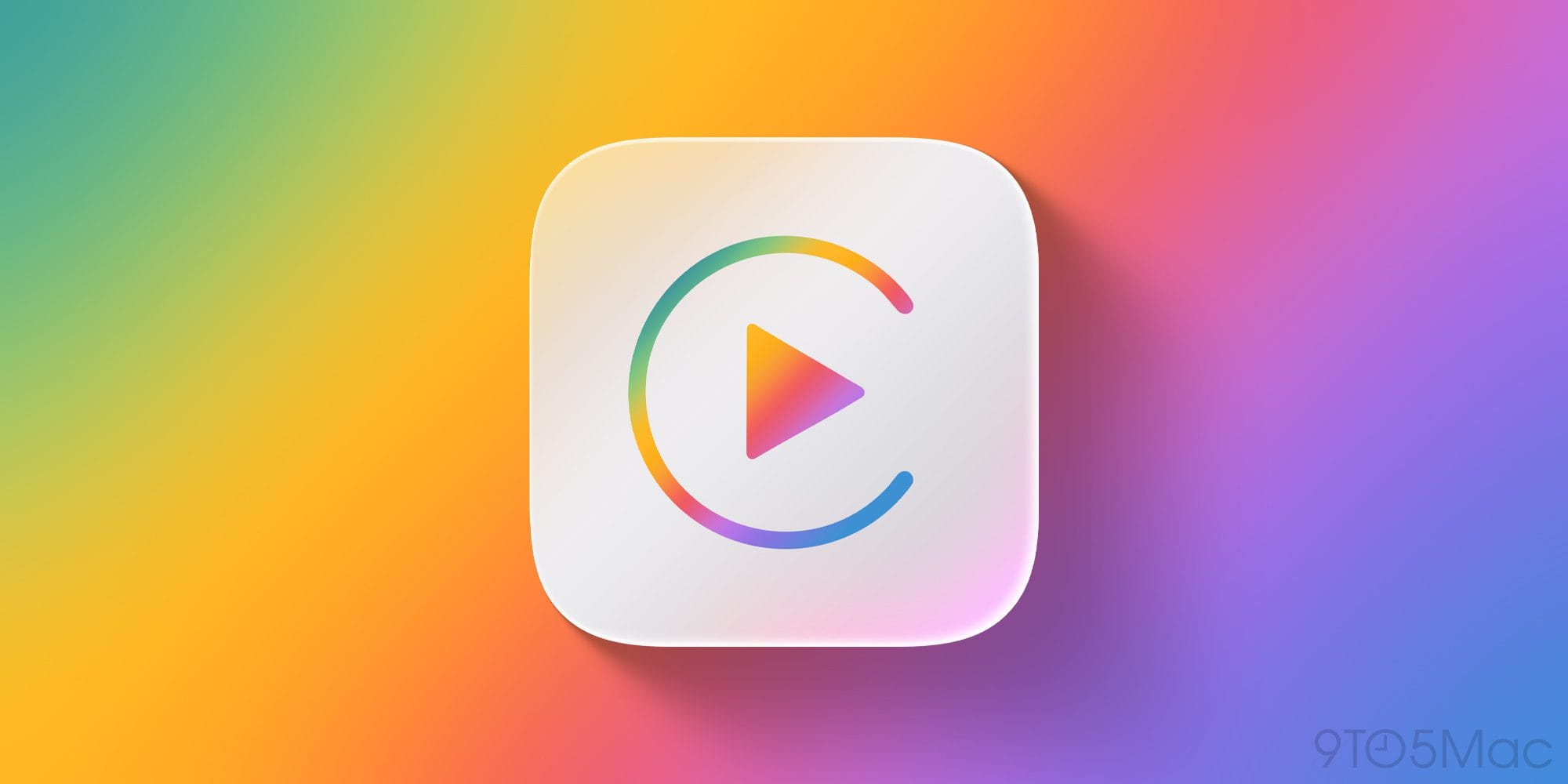
Zoom to drop support for ios 13 — Zoom has announced that it will soon discontinue support for iOS 13 and iOS 14, impacting users still operating on these older versions..
Zoom To Drop Support For Ios 13
Zoom has announced that it will soon discontinue support for iOS 13 and iOS 14, impacting users still operating on these older versions.
Overview of the Announcement
In a recent update, Zoom detailed its plans to phase out support for iOS 13 and iOS 14, two versions of Apple’s mobile operating system that have been around for several years. This decision is part of a broader trend among software companies to focus on newer operating systems, which offer enhanced security features, improved performance, and a better user experience. As a popular video conferencing platform, Zoom’s move reflects the need to streamline its services and ensure compatibility with the latest technology.
Implications for Users
The discontinuation of support for iOS 13 and iOS 14 will have several implications for users who rely on these versions for their corporate devices. Here are the key points to consider:
- Functionality Limitations: Users on iOS 13 and iOS 14 may experience limitations in app functionality. Features that are regularly updated or improved may not be available, which could hinder the overall user experience.
- Security Risks: Older operating systems are often more vulnerable to security threats. By using an unsupported version of iOS, users may expose themselves to potential risks, including data breaches and malware attacks.
- Compatibility Issues: As Zoom continues to evolve its platform, users on older iOS versions may find themselves unable to join meetings or access key features that are only compatible with newer software.
- Increased Pressure to Upgrade: This announcement may prompt organizations to consider upgrading their devices or operating systems to maintain access to essential tools and features.
Background on iOS Versions
iOS 13 was released in September 2019, introducing several significant features, including a system-wide dark mode, enhanced privacy controls, and improved performance. iOS 14 followed in September 2020, bringing further updates such as home screen widgets, an App Library for better organization, and enhanced messaging capabilities. Despite their popularity, both versions have now been succeeded by newer iterations, including iOS 15 and iOS 16, which offer even more advanced features and security enhancements.
Market Trends in Software Support
The decision by Zoom to drop support for older iOS versions aligns with a broader industry trend where software companies increasingly focus on supporting only the latest operating systems. This shift is often driven by the need to provide users with the best possible experience while minimizing the resources spent on maintaining compatibility with outdated systems. Companies like Microsoft, Google, and Apple themselves have made similar moves in recent years, encouraging users to adopt newer technology.
Stakeholder Impact
The impact of Zoom’s decision extends beyond individual users to various stakeholders, including:
- Corporate IT Departments: IT teams may need to allocate resources for upgrading devices or providing training on newer software versions. This could strain budgets and timelines, especially if many employees are still using outdated technology.
- End Users: Employees who rely on Zoom for remote work may face disruptions if they cannot upgrade their devices in time. This could affect productivity and communication within teams.
- Device Manufacturers: Companies that produce devices running on older iOS versions may see a decline in demand as users are encouraged to upgrade. This could lead to a shift in market dynamics.
Zoom’s Commitment to Innovation
Zoom has consistently focused on innovation and user experience. By discontinuing support for older iOS versions, the company aims to allocate its resources toward developing new features and enhancing existing ones. This strategy not only benefits users with newer devices but also strengthens Zoom’s competitive position in the video conferencing market.
Future Developments
As Zoom transitions away from supporting iOS 13 and iOS 14, users can expect ongoing updates and improvements to the platform. The company has been known for regularly rolling out new features, such as virtual backgrounds, breakout rooms, and improved security protocols. These enhancements are part of Zoom’s commitment to providing a reliable and efficient communication tool for businesses and individuals alike.
Conclusion
In summary, Zoom’s decision to drop support for iOS 13 and iOS 14 is a significant development for users still operating on these older versions. As the company shifts its focus toward newer technology, users will need to consider upgrading their devices to maintain access to the latest features and security updates. This move reflects broader industry trends and highlights the importance of staying current with technology in an increasingly digital world.
Source: Original reporting
Further reading: related insights.
Was this helpful?
Last Modified: August 26, 2025 at 12:50 pm
5 views















